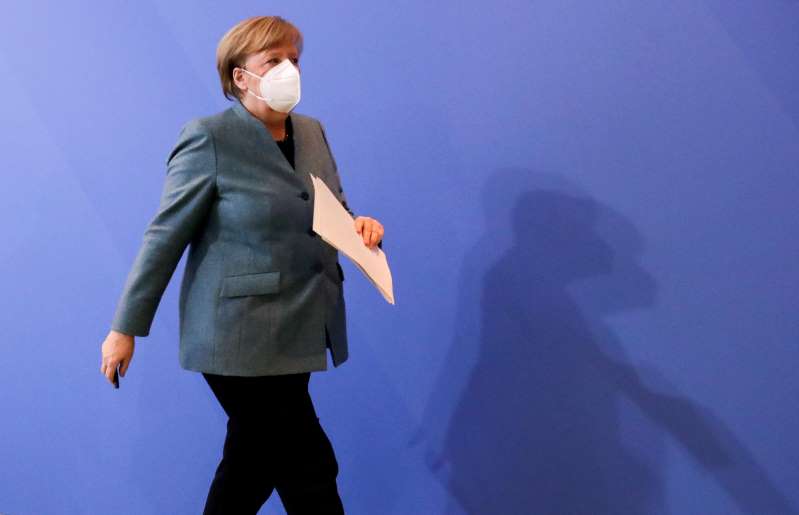Districts: Details will be presented in the morning – the law should come into force in 2023 – Initially it should only apply to large corporations – fines instead of extensive civil liability.

According to insiders, the German government has agreed on a supply chain law for companies. The details are to be presented on Friday morning by the responsible ministers – Labor Minister Hubertus Heil (SPD), Development Aid Minister Gerd Müller (CSU) and Economics Minister Peter Altmaier (CDU) in Berlin.
According to government circles, a step-by-step plan is planned, so that initially only large companies are held responsible for the deficiencies of their suppliers. The law should be passed before the federal election in September 2021, but will not come into force until the beginning of 2023.
Companies are obliged to enforce human rights with their suppliers abroad. Child labor and forced labor are to be prevented or at least reduced. In addition, companies are obliged to pay more attention to environmental standards. Extensive civil liability for maladministration in the supply chain, which could have led to litigation worth billions, is off the table under pressure from the CDU-led Ministry of Economic Affairs. In the future, companies will only have to expect a fine for breaches of their duty of care. They should then be excluded from public tenders for up to three years.
Companies see the project as a threat to Germany as a business location. The Ministry of Economic Affairs had insisted on not overloading small companies. According to government circles, the supply chain law will initially apply from 2023 for groups with more than 3,000 employees, and from 2024 for companies with more than 1,000 employees.
According to Heil and Müller, voluntary commitments by the industry have failed because only a fifth of companies adhere to them. The focus is on the food and textile industries. In the future there should be less child labor and starvation wages with which products such as tea bags, chocolate, jeans or laptops can be manufactured as cheaply as possible.
Volkswagen alone has around 40,000 suppliers worldwide. Business representatives recently warned against going it alone at the national level. If at all, a supply chain law should be sought from their point of view at European level or within the framework of the 20 leading industrial and developing countries (G20).

